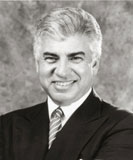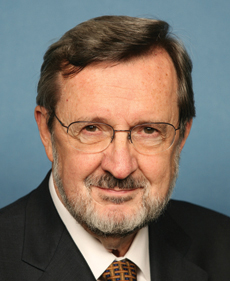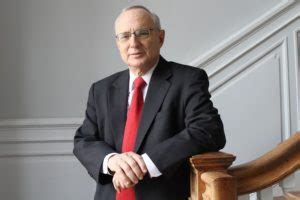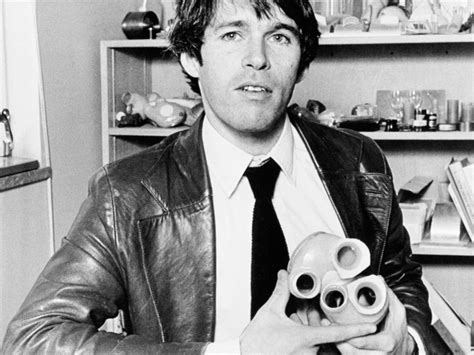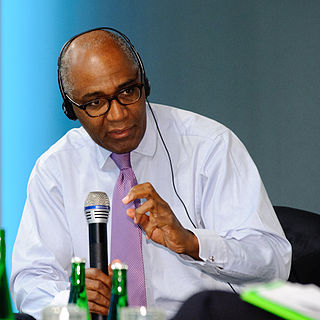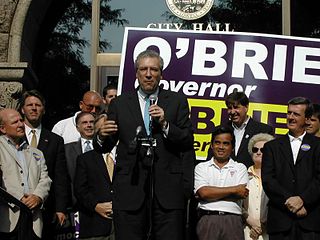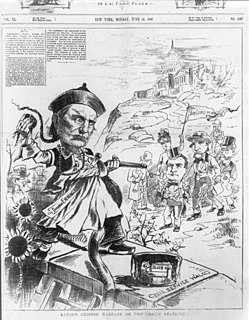A Quote by Richard Ben-Veniste
We've had public hearings. We've had interim reports, which our statute has encouraged us to provide to the public. We have brought the public along with us, trying to make as much available as possible over time.
Related Quotes
Those of us in public office and those of us who aspire to public office have a responsibility to be reasonable, fact-based, in our rhetoric and to not suggest things that are unreasonable, to whip up a lot of emotion in public, which can lead to government overreach, fear, suspicions, and prejudice.
I am for relying for internal defense on our militia solely till actual invasion, and for such a naval force only as may protect our coasts and harbors from such depredations as we have experienced; and not for a standing army in time of peace which may overawe the public sentiment; nor for a navy which, by its own expenses and the eternal wars in which it will implicate us, will grind us with public burthens and sink us under them.
It is not necessary for the politician to be the slave of the public's group prejudices, if he can learn how to mold the mind of the voters in conformity with his own ideas of public welfare and public service. The important thing for the statesman of our age is not so much to know how to please the public, but to know how to sway the public. Those who manipulate this unseen mechanism of society constitute an invisible government which is the true ruling power of our country.
If an American, because his skin is dark, cannot eat lunch in a restaurant open to the public, if he cannot send his children to the best public school available, if he cannot vote for the public officials who represent him, if, in short, he cannot enjoy the full and free life which all of us want, then who among us would be content to have the color of his skin changed and stand in his place? Who among us would then be content with the counsels of patience and delay?
My brethren, let me say, be like Christ at all times. Imitate him in "public." Most of us live in some sort of public capacity-many of us are called to work before our fellow-men every day. We are watched; our words are caught; our lives are examined-taken to pieces. The eagle-eyed, argus-eyed world observes everything we do, and sharp critics are upon us. Let us live the life of Christ in public. Let us take care that we exhibit our Master, and not ourselves-so that we can say, "It is no longer I that live, but Christ that lives in me."
